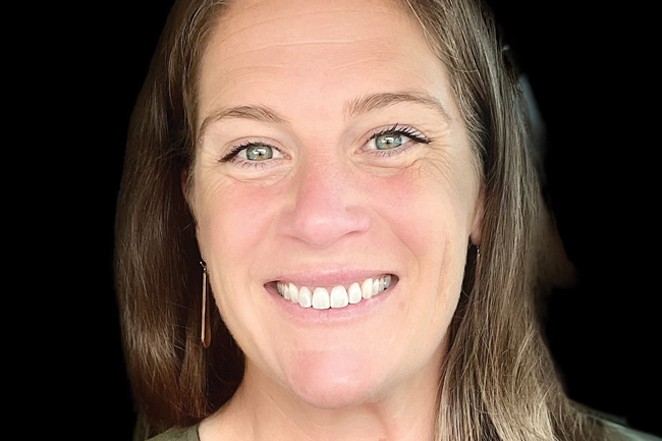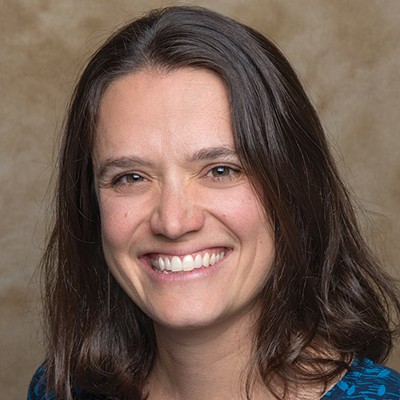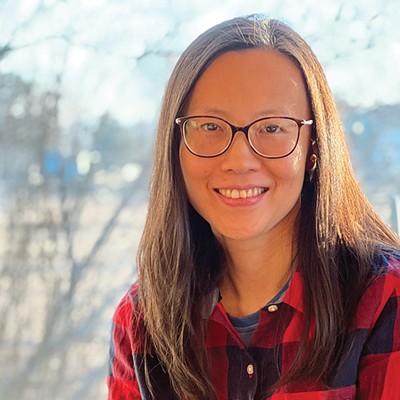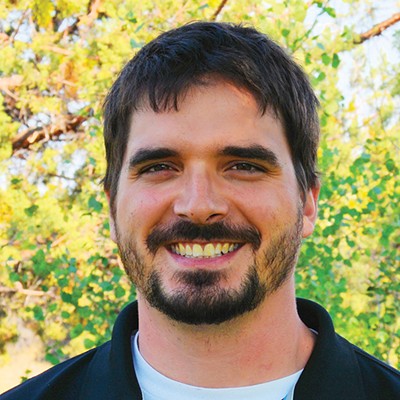Q: I had a lot of trouble breastfeeding my son and eventually abandoned nursing for the bottle. I would like things to go differently with the baby I’m presently expecting. Do you have any tips for me this time around?
A: Breastfeeding is hard! The best resource is an International Board-Certified Lactation Consultant. There are IBCLCs in Central Oregon who take insurance and those who will do home visits. As soon as your baby is born, or even before for a prenatal visit to discuss your previous experience, reach out to an IBCLC to have a consultation. Getting the guidance in the first few days can catch issues right away and set you up for an easier breastfeeding journey.
Q: How important are prenatal vitamins? I usually don’t take anything and steer clear of all medications as a rule.
A: Traditional and holistic providers agree on this—prenatal vitamins are worth it! Nutrition is extremely important during pregnancy and postpartum, and in addition to getting vitamins from whole foods, prenatal vitamins provide the baby with specific nutrients that they need, especially when it comes to brain and spinal development. This isn’t something you want to risk. Shop around for the one that has the right balance for your lifestyle and that you can keep down (which isn’t always so easy in the first trimester). And even if you are just thinking of maybe becoming pregnant, start your prenatal vitamins now.
Q: My first child was delivered by C-section in the hospital, which was not ideal. I am pregnant with my second child and am interested in a more natural childbirth. Can you steer me in the right direction for a provider?
A: “Natural” generally means less intervention, less medication and a vaginal birth. This can be achieved in a hospital setting (VBAC) or at home (HBAC) with the right birth team. I encourage you to look into hypnobirthing and adding a doula to your birth team, both of which have proven results for reducing C-section rates. A doula can also help you in your search. It’s important to find a provider that you feel listens to you and includes your preferences in your care plan. Any provider is going to want to understand why your first baby was born via C-section and to ensure safe care for you and your baby this time around. Each provider has their own approach to care and with that comes a unique list of pros and cons. Find the one that feels right to you and know that it is ok to change if things are not going well. Keep in mind that most OBs and midwives have partners to back them up, and so you may not have your first choice attending your birth, which is another reason why it is ideal to have a doula to help you and your partner advocate your wishes.
Q: I have heard that there are a couple of classifications for midwives. My friend was explaining a little about a nurse midwife vs. a lay midwife. Is there a difference?
A: Yes, there is a difference in training and in scope of service. Oversimplified: A Certified Nurse Midwife is an advanced practice nurse who then gets a doctoral or master’s degree in nurse-midwifery. They provide prenatal birth and postpartum care primarily in a hospital setting. A Licensed Direct-entry Midwife received training and accreditation through a nationally recognized midwifery program, has the Certified Professional Midwife credential and works in home birth and birth center settings. An LDM can order lab work, ultrasounds and newborn tests, plus they can carry certain medications for use during birth.
Email us your questions: [email protected]




















